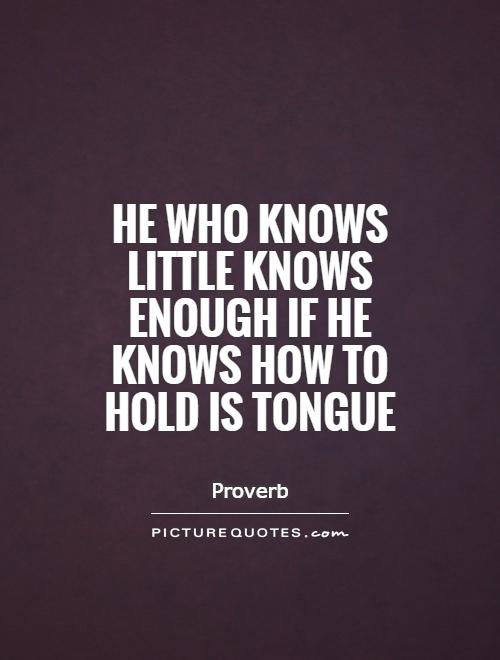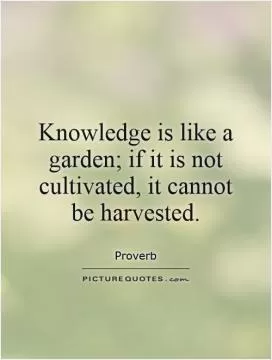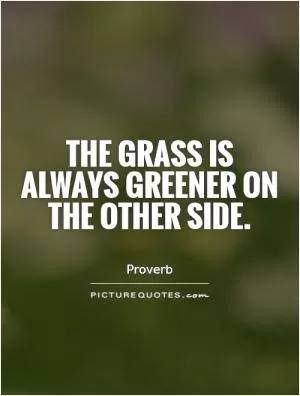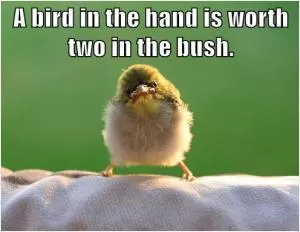He who knows little knows enough if he knows how to hold is tongue

He who knows little knows enough if he knows how to hold is tongue
The proverb "He who knows little knows enough if he knows how to hold his tongue" emphasizes the importance of discretion and self-control in communication. It suggests that even if someone may not possess a vast amount of knowledge or information, they can still be considered wise if they are able to refrain from speaking impulsively or unnecessarily.In today's fast-paced and information-saturated world, there is often a tendency to speak before thinking, to share opinions without fully understanding the implications of our words. This proverb serves as a reminder that sometimes it is better to remain silent and observe rather than to speak without consideration.
Knowing when to hold one's tongue can be a valuable skill in both personal and professional relationships. In personal interactions, it can prevent misunderstandings, conflicts, and hurt feelings. By choosing our words carefully and only speaking when necessary, we can avoid unnecessary drama and maintain harmony in our relationships.
In a professional setting, the ability to hold one's tongue can be crucial for maintaining professionalism and credibility. It shows that we are thoughtful and deliberate in our communication, rather than impulsive or careless. It can also prevent us from sharing confidential information or making hasty decisions that could have negative consequences.
Furthermore, knowing when to hold our tongue can also be a sign of respect for others. By listening attentively and refraining from interrupting or dominating conversations, we show that we value the perspectives and contributions of others. This can help to build trust and strengthen relationships with colleagues, friends, and family members.












 Friendship Quotes
Friendship Quotes Love Quotes
Love Quotes Life Quotes
Life Quotes Funny Quotes
Funny Quotes Motivational Quotes
Motivational Quotes Inspirational Quotes
Inspirational Quotes